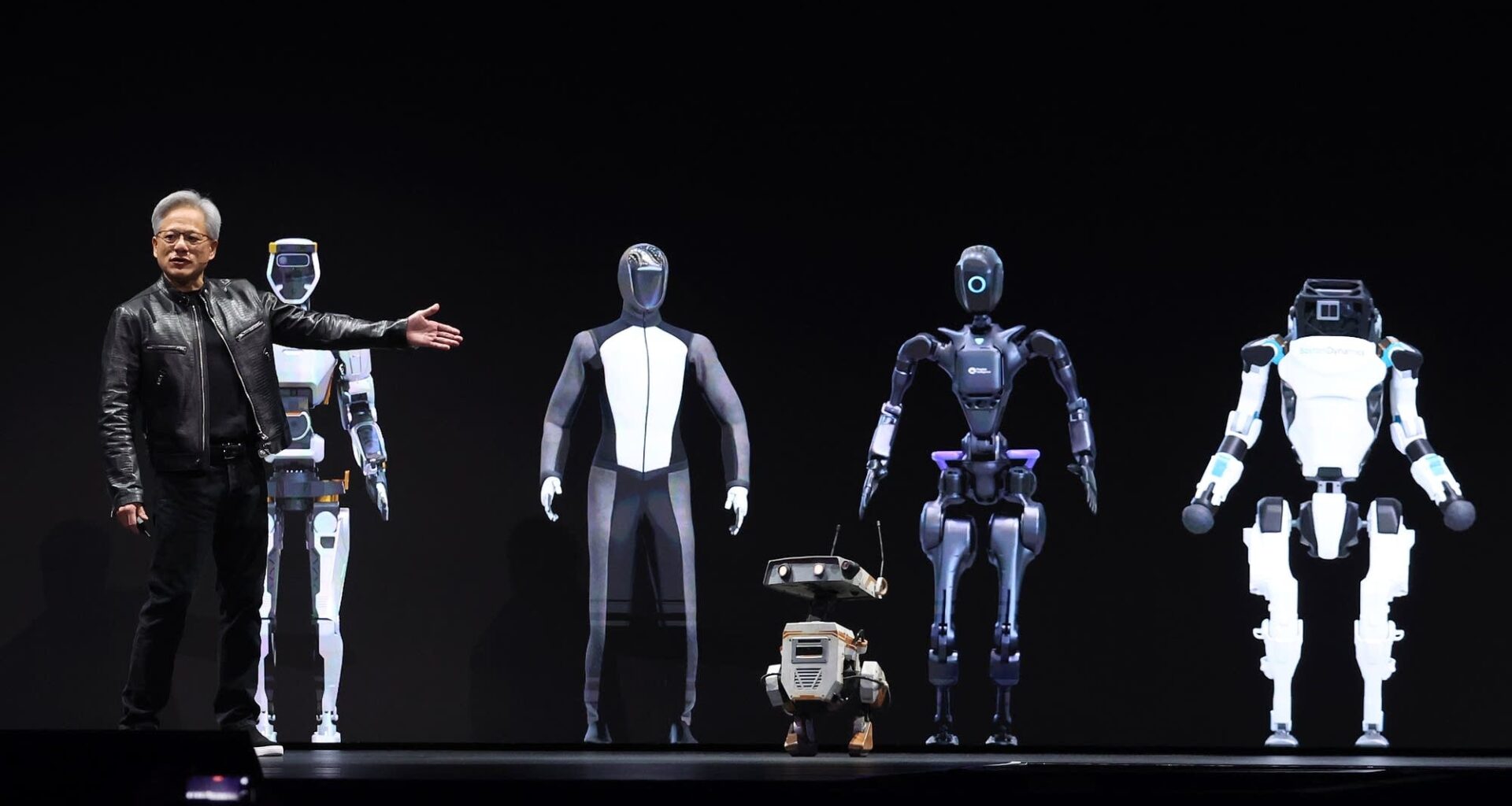Despite uncertainty over trade policy, a government shutdown, and signals that the labor market is cooling, U.S. stock indices have hit record highs this month, largely driven by investment in artificial intelligence.
The biggest companies in the S&P 500, most of which have connections to AI, account for a disproportionate amount of the gains. Chipmaker Nvidia alone was responsible for around a quarter of the S&P 500’s gains in the first half of 2025, according to the New York Times.
Ronnie Sadka, a finance professor at Boston College, said investment is flowing into all parts of the AI supply chain: the companies making the technology itself, data centers, raw material, and companies hoping to become end users of new AI technology.
Economists at JP Morgan have calculated that AI investments contributed as much as 1.1% to overall U.S. gross domestic product growth in the first half of 2025 — even more than consumer spending.
But there are a lot of unknowns about how those investments will pan out.
“I do think that people are also sounding some alarm bells about what AI can do and what it cannot do,” said Sadka. “The market is still trying to figure that out.”
Both Open AI CEO Sam Altman and a partner at Sequoia Capital, which is heavily invested in AI, have suggested that the AI market could be in “a bubble.”
“I keep thinking of the (cartoon) where the guy goes off the cliff and he doesn’t fall until he looks down?” said Gary Marcus, a machine learning researcher, NYU psychology professor emeritus, and a longtime skeptic of AI’s economic promise. “We are over the cliff with AI valuations,” he said.
But even if the AI bubble bursts, a lot of money has already been made. Construction workers hired to build data centers, concrete poured, and cloud infrastructure purchased.
“Now what we’re seeing is big cloud companies — Google, Microsoft, Amazon — investing in businesses going downstream and then Open AI buying Nvidia chips, and Nvidia investing in Open AI, and it seems to be a little bit circular,” said David Gray Widder, a professor at University of Texas at Austin’s School of Information.
He compared cloud providers to companies selling picks and shovels in a gold rush. “If AI turns out to be a bubble that pops or deflates, they’ve still made bank in the process,” he said.
Given the scale and scope of AI investment in the U.S. economy, an AI bust could have widespread implications. Many Americans, intentionally or unintentionally, are invested in AI companies through pension funds and other accounts.
“I will not be surprised to see six months or a year from now if people start saying it’s too big to fail,” said Marcus.
Do you have questions or personal stories to share about the economic implications of AI? Talk to us.
Correction (Oct. 22, 2025): A previous version of this story misspelled David Gray Widder’s name.
Related Topics

